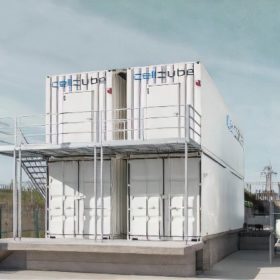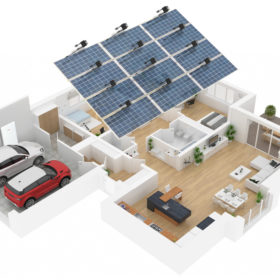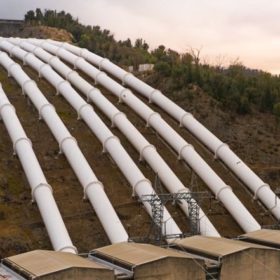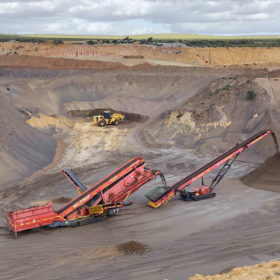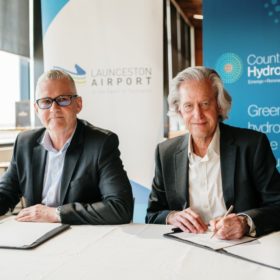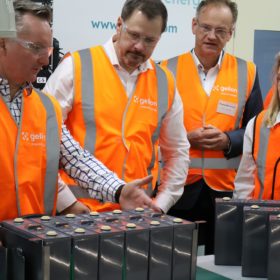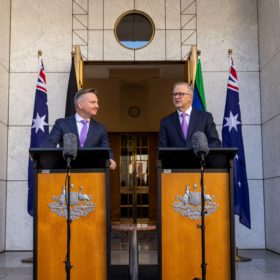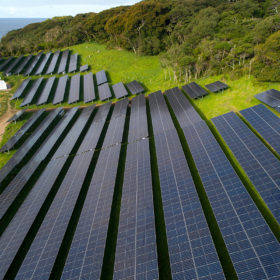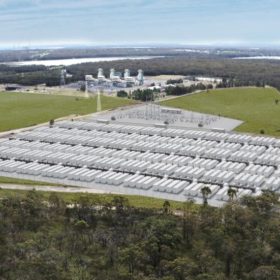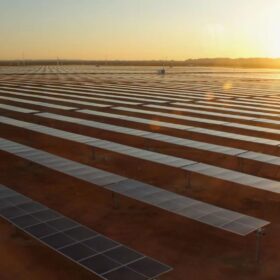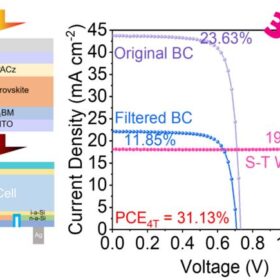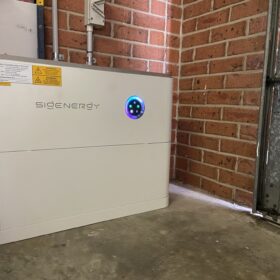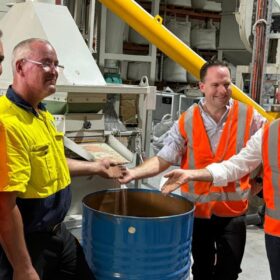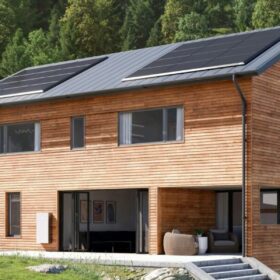CellCube eyes Australia for 8 GWh flow-battery manufacturing facility
Australian renewables developer North Harbour Clean Energy will team with European battery energy storage systems supplier CellCube to establish a vanadium redox flow battery manufacturing and assembly facility in Australia with a projected capacity of up to 1 GW/8 GWh per annum.
Energy optimiser SolarEdge expands into full home solution
Customers’ desire for fast, simple access to rooftop solar has driven the industry towards one-stop solutions, with all system components under the same brand and warranty arrangements, and integrated under a proprietary intelligent digital control system. pv magazine Australia spoke with Gavin Merchant, country manager for Australia and New Zealand, about the new SolarEdge Home equation and the economic drivers of full rooftop package adoption.
Joint venture targets 4.5 GW of energy storage in Victoria
The developers behind a proposed $5.5 billion (USD 3.7 billion) pumped hydro renewable energy project in central Queensland have announced a new partnership to develop up to 4.5 GW of long-duration energy storage in Victoria that is to be integrated with new renewable generation and green hydrogen production.
Does Australia have the stomach to become a critical minerals superpower?
With the US offering tremendous capital to “friendshore” its renewable supply chains, the cofounder of a major renewables investor, David Scaysbrook, says President Biden’s Inflation Reduction Act could turn Australia into a critical mineral and rare earth powerhouse. “The question is, do we have the stomach for that?” Scaysbrook asks. For Tim Buckley, director of Climate Energy Finance, it’s a matter of the government taking a whole system approach and going early.
ReNu completes capital raise to progress Australian, Indonesian green hydrogen projects
Queensland-based ReNu Energy has announced “firm commitments” for a capital raising of $4.5 million (USD 3 million) which it says will progress its green hydrogen projects in both Brighton and Launceston in Tasmania, as well as in Indonesia’s Riau Archipelago.
Feds give CEFC $500m funding boost for renewable tech commercialisation
The Clean Energy Finance Corporation, effectively the federal government’s green bank, has been allocated a further $500 million (USD 332 million) to invest in the commercialisation of renewable energy, energy efficiency and other technology innovations.
Alliance forms to push Australia toward Renewable Energy Storage Target
Calls for the Albanese government to adopt a Renewable Energy Storage Target are growing, with an alliance of organisations visiting Australia’s Parliament to lobby for the move.
Photon selects NSW for first solar + battery project acquisition, intended as European ‘prototype’
Dutch company Photon Energy Group has acquired its first utility scale solar and battery project, opting for a venture 500 kilometres northwest of Sydney which it says will become a “prototype” for its European portfolio.
New US policy ‘devastating’ for Australia’s green hydrogen ambitions, says investment manager
Cofounder of Quinbrook Infrastructure Partners, David Scaysbrook, says the US Inflation Reduction Act can make Australia a green energy superpower – but not in the way we expect. The policy will fundamentally undercut Australia’s competitiveness exporting green hydrogen, but offers giant opportunities for critical materials. Scaysbrook also expects Australia’s 2023 to be lean in terms of renewable investment, especially when it comes to “vanilla” projects.
Powin, BlackRock start working on world’s largest battery
US battery specialist Powin and US investment firm BlackRock have started work on a 909 MW/1,915 MWh battery energy storage system (BESS) in Australia. Construction is set to begin in 2023 and will finish by mid-2025.
